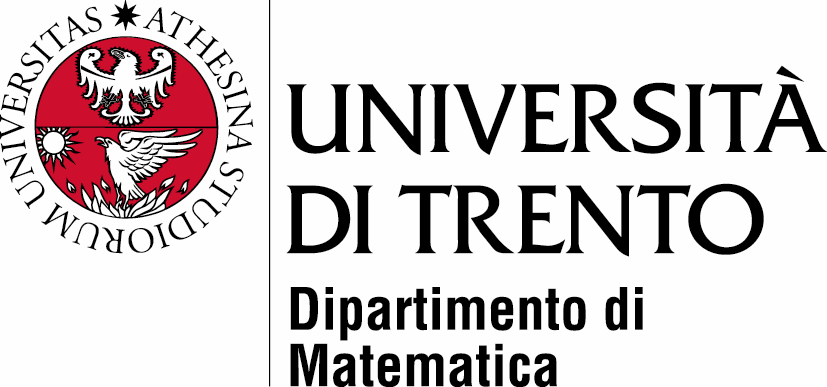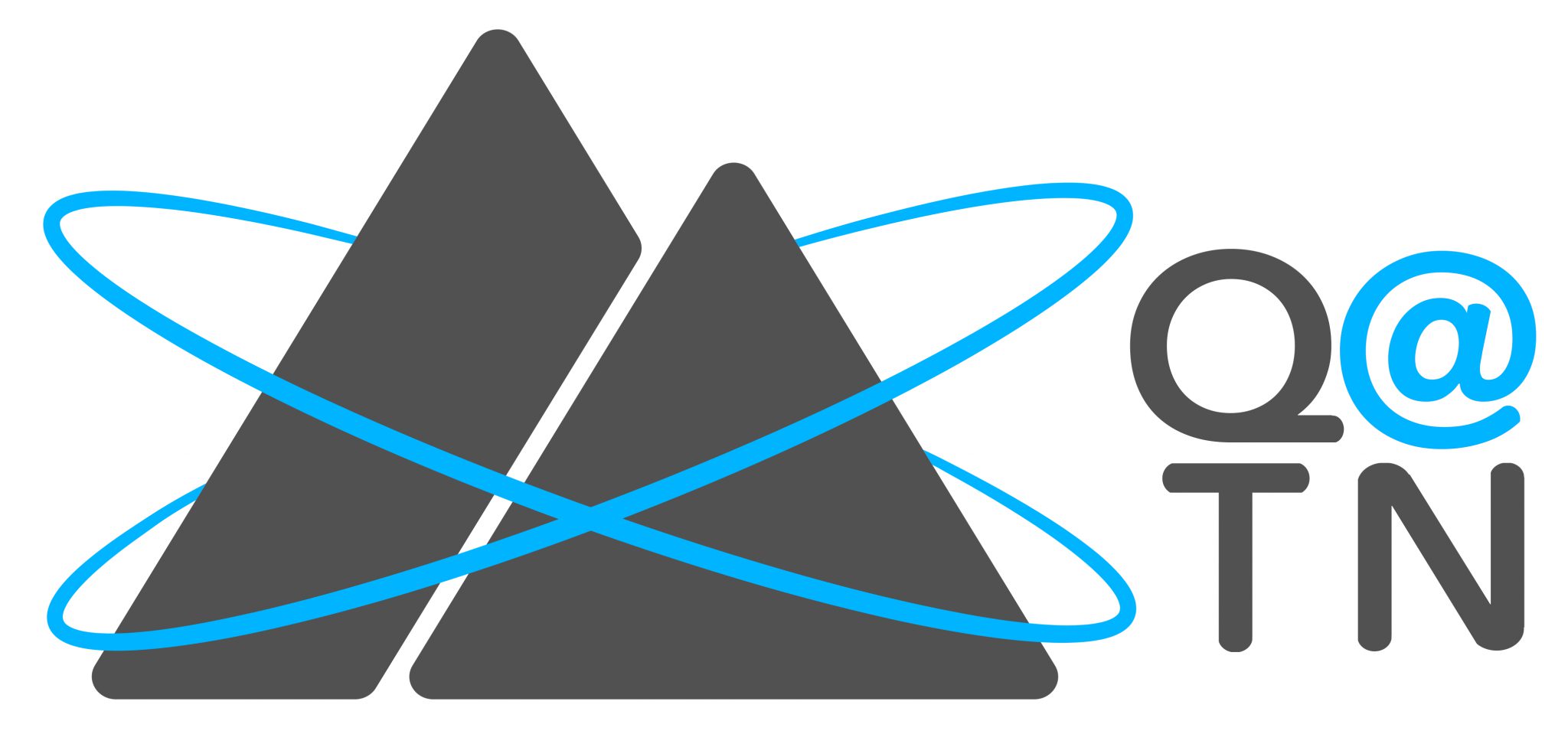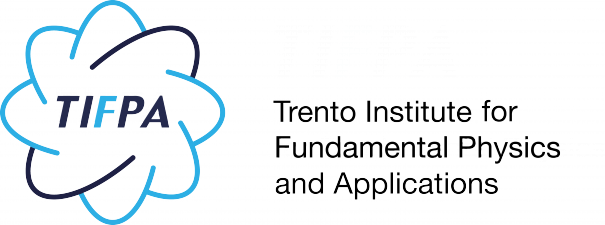Mathematical foundations of Quantum Machine Learning
A Summer School promoted by the Department of Mathematics of the University of Trento also funded by Q@TN and TIFPA-INFN
When: 10-14 July 2023
Where: University of Trento
- Povo 1 building at polo F. Ferrari, Room A102
- Via Sommarive 5, 38123 Povo - Trento
The school will be held exclusively in presence in Trento. In case of impediments due to the COVID-19 pandemic, the school will run remotely on the same dates.
Outline
Quantum Machine Learning is a rapidly emerging research area where the power of quantum computing is applied to machine learning tasks and represents one of the most promising applications of fault-tolerant quantum computers. Despite the large number of recent achievements in this area, several challenges are still present. Fundamental questions, such as the effective uses of quantum algorithms and the proof of quantum supremacy in this field, need to be addressed. To this end, effective mathematical techniques play a fundamental role.
The aim of the School is to present in an accessible way to a wide audience the mathematical theory underlying Quantum Machine Learning, through three mini courses held by researchers active in this field. Moreover, the School aims to provide an opportunity for different communities to meet up, fostering the interactions, allowing exchanges of ideas and methods and contributing to the diffusion of open problems.
Registration
- The School is meant mainly for master and graduate students, but also for postdocs, young as well as senior researchers interested in approaching this blooming research field.
- The ideal participant has a good background in Mathematics, Probability, Statistics or Data Science. However the application is open to everyone.
- The course will be delivered in English.
- Registration fees
- Students, PhD students, and Post-doc researchers: 100euro
- Academics: 150euro
- Non academics: 200euro
- Registration includes coffee breaks and lunches.
- Students attendance is limited to 60. Registration is compulsory.
- To register follow this link. You will be asked some information about yourself and standard documentation.
- To receive full consideration please submit your application no later than 1 June 2023.
- For further information, please contact datascience.maths@unitn.it
Lectures
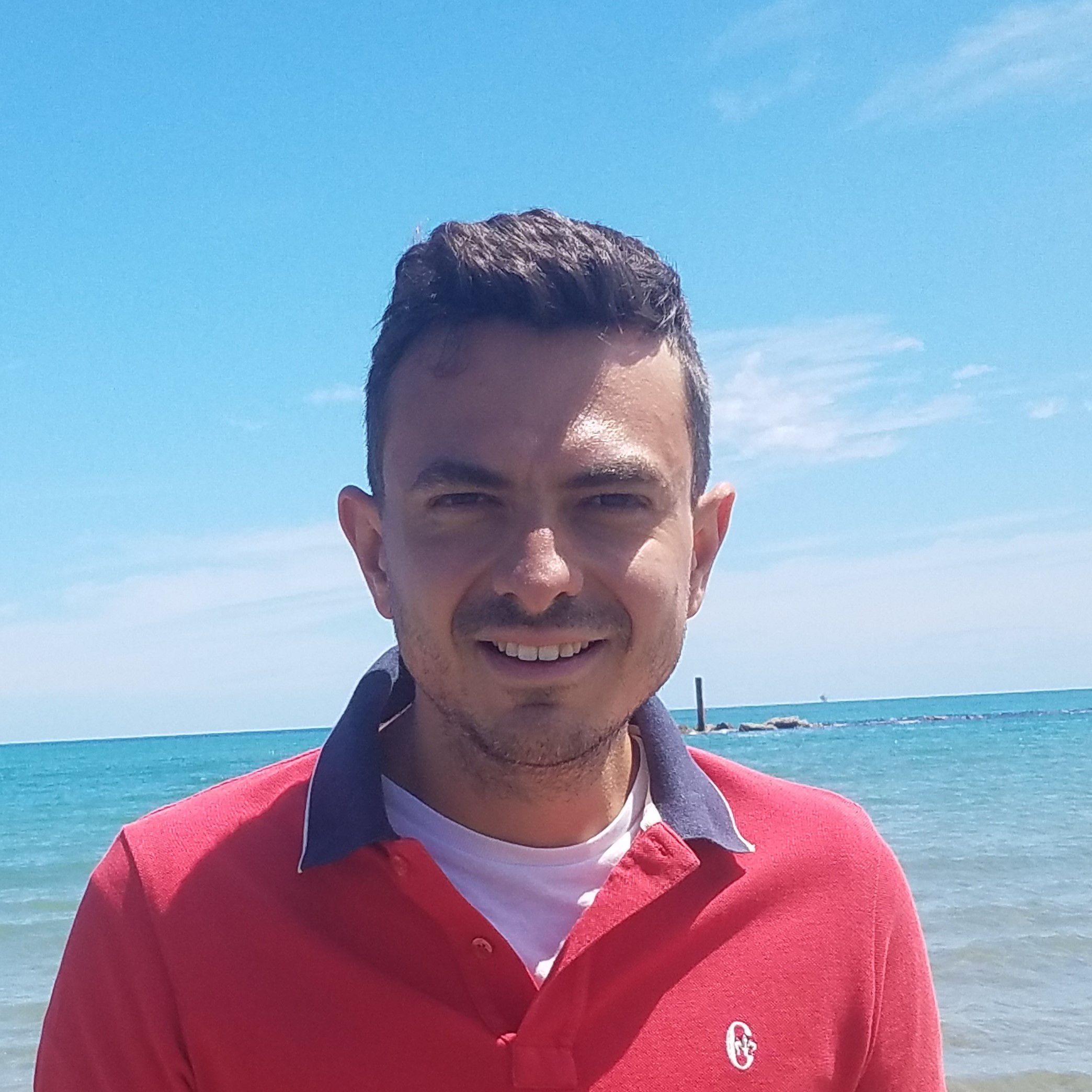 |
|
Bio
Giacomo De Palma is Associate Professor of Mathematical Physics in the Department of Mathematics of the University of Bologna (Italy). He received his PhD from Scuola Normale Superiore (Pisa, Italy). He was postdoc and Marie-Curie Fellow at the University of Copenhagen (Denmark), postdoc at MIT (USA) and tenure-track Assistant Professor at Scuola Normale Superiore. Giacomo De Palma's main research interests are the mathematical aspects of quantum information and quantum computing. His current research aims to develop new quantum algorithms for machine learning and to improve the theoretical understanding of the capabilities of quantum computers. To achieve these goals, he is applying insights from a quantum generalization of optimal mass transport that he has proposed. He has published in peer-reviewed journals including Communications in Mathematical Physics, Nature Photonics, Physical Review Letters, PRX Quantum and IEEE Transactions on Information Theory and in peer-reviewed proceedings including the proceedings of the Conference on Neural Information Processing Systems and of the International Conference on Machine Learning.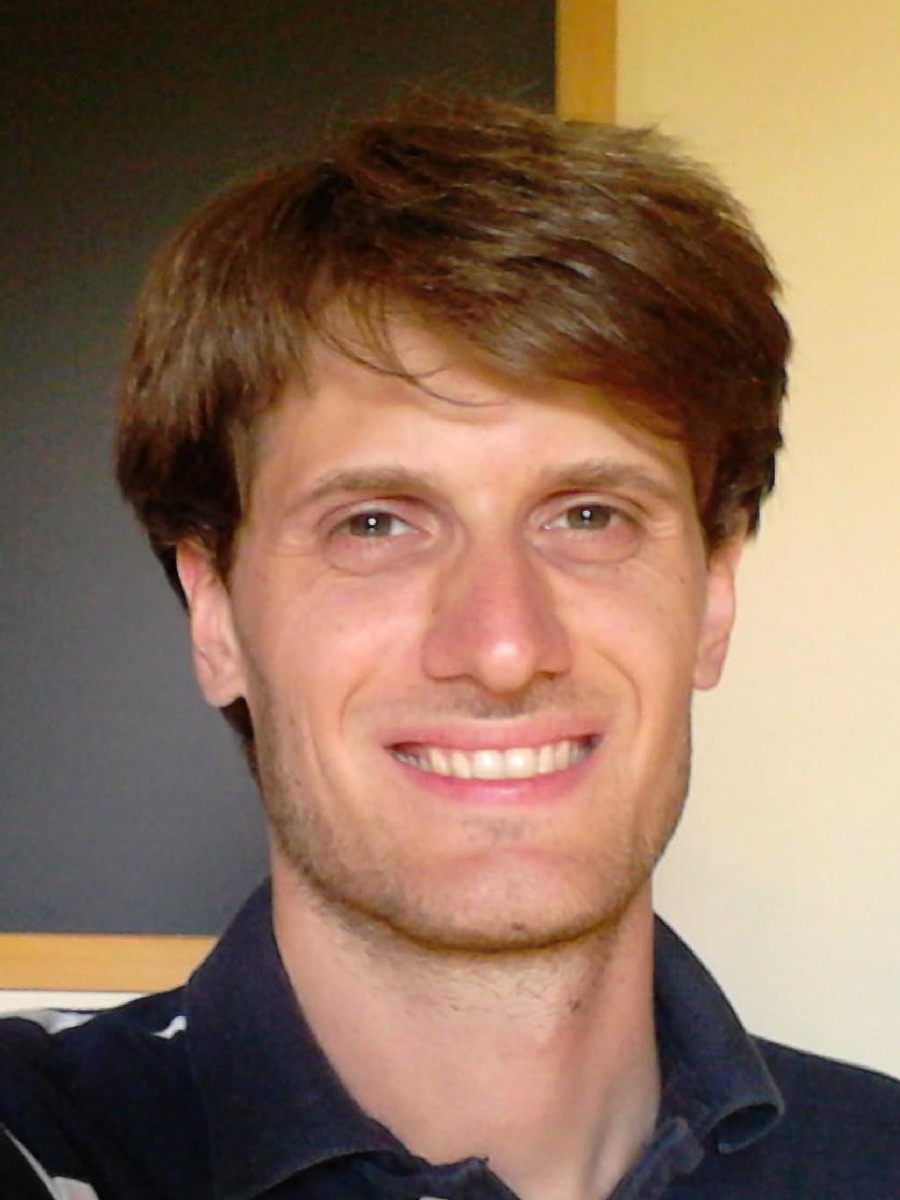 |
|
Bio
Dario Trevisan was born in the Province of Venice, Italy, in 1987. He received the M.S. degree in mathematics from the University of Pisa, in 2011, and the Ph.D. degree in mathematics from the Scuola Normale Superiore, Pisa, Italy, in 2014. He is currently Associate Professor at the University of Pisa in Probability and Mathematical Statistics. His current research focuses on applications of Stochastic Analysis and Optimal Transportation to Quantum Information Theory and Machine Learning. He is co-author of more than 30 research articles. In 2021, he was awarded the Guido Fubini Prize for his contributions to Probability in Analysis and Mathematical Physics.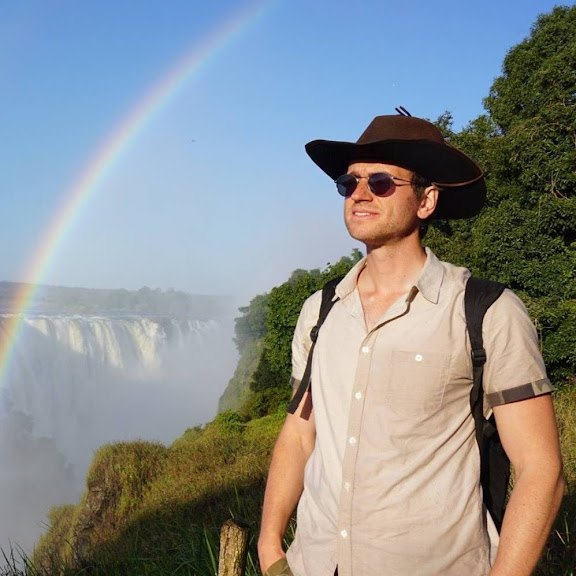 |
|
Bio
Leonardo Banchi is an Associate Professor of Theoretical Physics of Matter at the Department of Physics and Astronomy of the University of Florence (Firenze). He received his PhD in Florence and worked as a post-doc at ISI foundation (Torino), University College London and Imperial College London (UK). He also worked as a scientist in the industry, at Xanadu Inc. (Toronto, Canada). Leonardo Banchi's main research interests are quantum algorithms for simulating many-body physics and machine learning, quantum information and communication theory. He currently works on formal and theoretical aspects of quantum machine learning, such as classifying the complexity of learning quantum properties of physical objects directly from data. He has published in several journals including Nature (Reviews) Physics , Nature Computational Science, Nature Communications, npj Quantum Information, Quantum, PRX, PRX Quantum and Physical Review Letters.Program
The school consists of one short introductory course, providing some basic notion of quantum information, and three main courses: two theoretical and one laboratory.
- Introduction (De Palma, Trevisan)
- Axioms of quantum mechanics
- Dirac notation
- qubits
- Quantum gates
- Measurement in the computational basis
- Quantum algorithms (Trevisan)
- Quantum Fourier transform
- Phase estimation
- Hamiltonian simulation
- HHL algorithm and quantum linear algebra
- Quantum Machine Learning (De Palma)
- Input encoding: basis encoding, encoding in superposition, amplitude encoding, time-evolution encoding, Hamiltonian encoding
- Variational Quantum Algorithms (VQAs)
- Variational circuits as machine learning models
- Variational quantum classifier
- Variational generator
- Functions expressed by quantum models
- Quantum Approximate Optimization Algorithm (QAOA)
- Potential quantum advantages
- Laboratory (Banchi)
- Introduction to qiskit
- Phase estimation
- Training VQAs: gradients, parameter-shift rule, barren plateaus
- Kernel methods, Support Vector Machine (SVM).
Slides and code
Giacomo De Palma
Banchi
Schedule
All activities are in room A102 at Povo 1 building.
- 10 July 2023
- 11 July 2023
- 12 July 2023
- 13 July 2023
- 14 July 2023
Accomodation
In terms of accommodation in Trento during the time of the summer school, you may want to consider:
- Agritur Ponte Alto info@agriturpontealto.it
- Camere Ester Povocamere.ester@gmail.com
- Hotel America info@hotelamerica.it
- Hotel Accademia info@accademiahotel.it
- Grand Hotel Trento reservation@grandhoteltrento.com
- NHHotel nhtrento@nh-hotels.com
- Hotel Everest info@hoteleverest.it
- Villa Madruzzo info@villamadruzzo.it
Our Sponsors
Organizers
- Sonia Mazzucchi (University of Trento, TIFPA and Q@TN) sonia.mazzucchi@unitn.it
- Claudio Agostinelli (University of Trento) claudio.agostinelli@unitn.it
- Gian Paolo Leonardi (University of Trento) gianpaolo.leonardi@unitn.it
- Valter Moretti (University of Trento, TIFPA and Q@TN) valter.moretti@unitn.it
